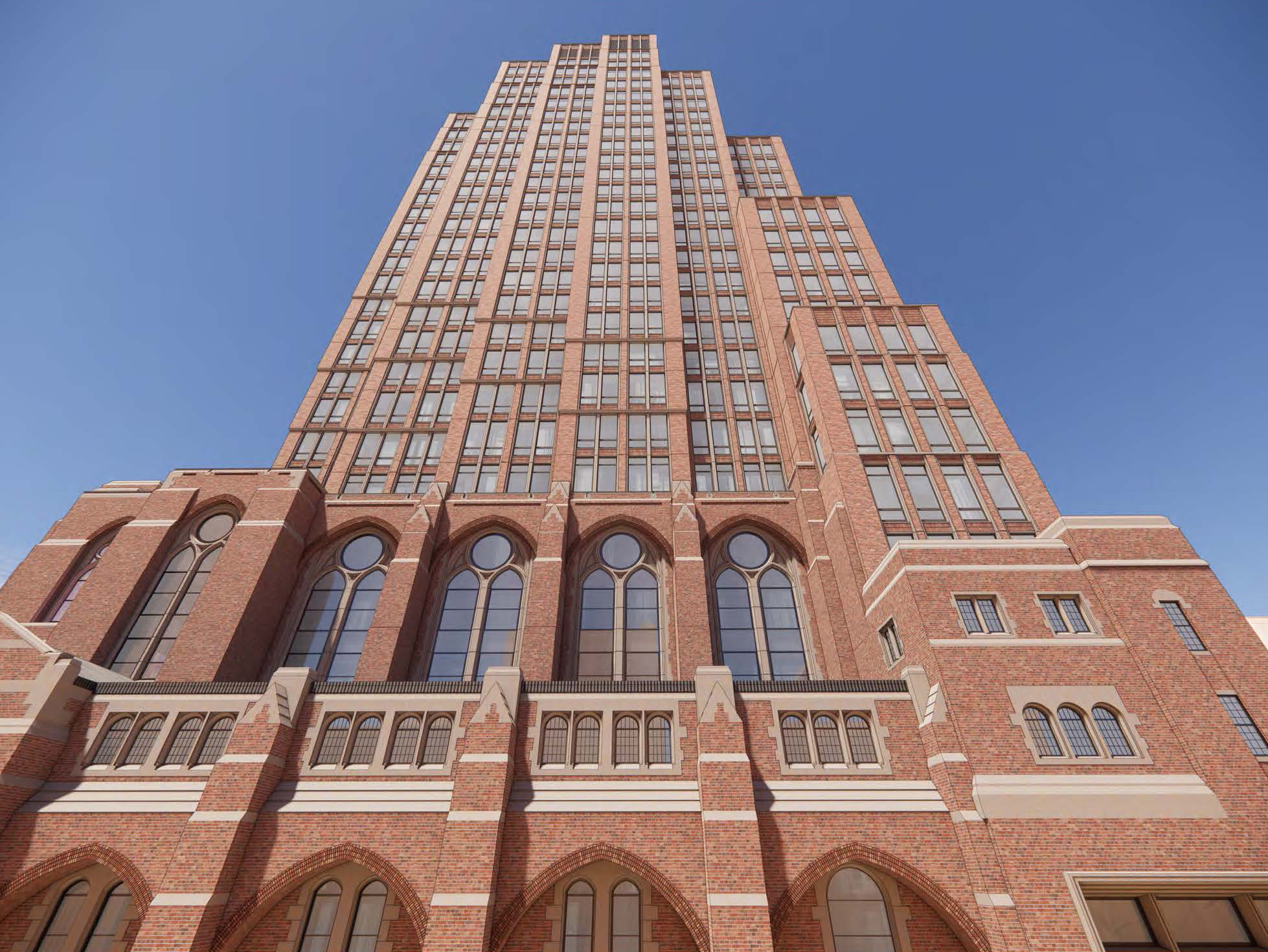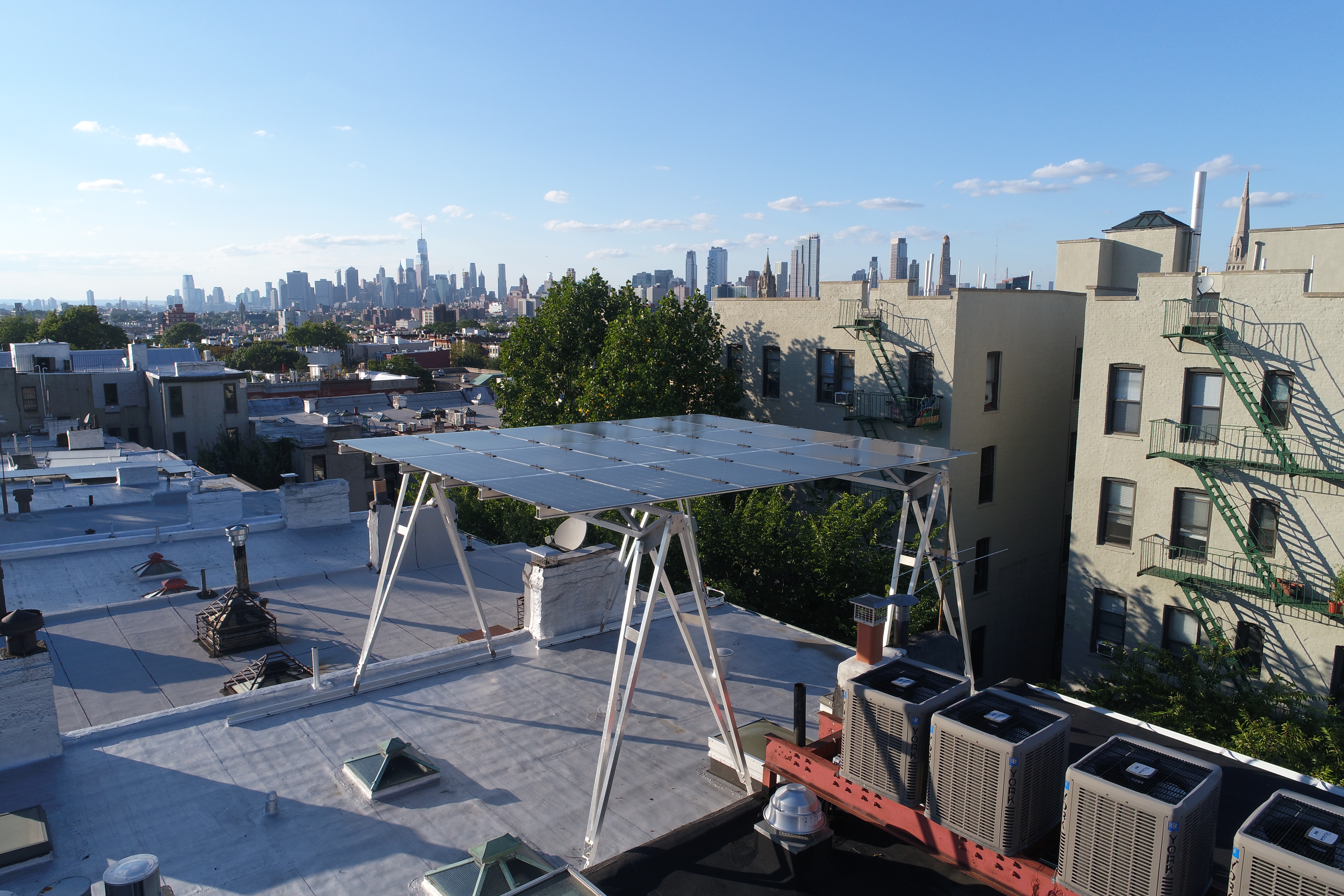Merrill Economist Raises Housing Red Flag
This is a pretty staggering graph that comes from Merrill Lynch via last weekend’s Barron’s. Speaks for itself really. Merrill’s economist David Rosenberg summed it up quite succintly when he said, “Caveat emptor whenever anything approaches 150% of GDP.” Rosenberg also notes that equity cash-outs this year have reached $160 billion, in case you’ve been…


This is a pretty staggering graph that comes from Merrill Lynch via last weekend’s Barron’s. Speaks for itself really. Merrill’s economist David Rosenberg summed it up quite succintly when he said, “Caveat emptor whenever anything approaches 150% of GDP.” Rosenberg also notes that equity cash-outs this year have reached $160 billion, in case you’ve been wondering where consumers have been getting their spending power.
Up and Down Wall Street [Barron’s]





Its fine if people can afford to pay for bigger homes. Given the general slow growth in median incomes (almost no growth on adjusting for inflation) , there is little indication that people are able ao afford much larger and more expensive houses.
No, this seems to be driven largely by people convinced that housing prices always go up. Which they do, but in the long term only a point or so above inflation. Which means that we could be in for several years of declining to flat prices for incomes to get back into line with prices.
And how do you know very few people in NYC are doing interest only loans ? We know that nationwide, the number is greater than 25%,a nd in hot markets like San Francisco or San Diego, the number is 50% or even greater. I haven’t seen numbers for NYC proper, but theres no reason to assume that NYC has “very few people” doing IO loans.
Are you guys all renting or what? I guess if I had a rent stabilized place for a million years and passed up on buying I’d be thinking about maybe it’s time for someone else to feel foolish now. But I gotta believe that if you are trading up at this point, or just looking for a really great place the better place to be is to buy a home. Of course it’s a personal decision, based in large part on what you can afford. In NYC very few people are doing interest only loans and the like.
“Read an 11/28 Merrill report last night talking about the NYS Go Bonds and that report said that our state income level rose 6.8% this year vs. the national avg of 6.4% — which sounds good to me”
The national median income has definitely not risen by 6.4% over the last year, and I doubt the NY stats too.
Also, how much have housing prices risen over the last year ? 6.8% ? or is more like 15-20 % ? How much over the last 5 years ? 75% ? Have incomes gone up by that much ?
“If you bought a home you can fit in for 5 to 10 years, and it’s one you can afford to pay for (for 5 to 10 years), and you’re still saving money anyway (’cause you should), then a bubble popping is as inconsequential as… an actual bubble popping.”
Yes, if you meet all those conditions and if you’re not using a risky mortgage and if your job in reasonably secure (which is the most people can expect for these days), you should be OK. I just question whether most people meet those criterion. Especially fitting into that apartment. Kids are born, need more space etc.
And lets not forget the psychological burden of seeing your condo lose value or stay stable (which means an inflation adjusted loss) for 5-10 years
Thanks Anon 9:48.
But I read all this – and all the bubble talk – and think that the only people who should be worried are speculators. If you bought a home you can fit in for 5 to 10 years, and it’s one you can afford to pay for (for 5 to 10 years), and you’re still saving money anyway (’cause you should), then a bubble popping is as inconsequential as… an actual bubble popping.
What do sensible home-owners have to fear? (Besides terrorism, fire, eminent domain, and property tax increases)
Bubblicious!
The only thing sustaining housing prices right now is the “greater fool theory” – there is obviously no correlation between prices and income (GDP) which is a rational way of valuation.
That being said none of this information tells anyone when the market will change direction, it all depends on who is the greatest fool and quite frankly people have made fortunes NOT being the last in. If anyone really could predict the breaking point on prices was (on housing or any tradeable asset) they would be billionaires many times over.
Read an 11/28 Merrill report last night talking about the NYS Go Bonds and that report said that our state income level rose 6.8% this year vs. the national avg of 6.4% — which sounds good to me — especially considering bonuses are going to be trickling down in our economy shortly.
Houses are larger, people have more money and age group at top earning power very large right now. (
And all that money is being earned outside of the GDP to buy houses valued that high ? Houses are larger — true, but the big question is whether people can really afford it or whether they’ve just used loose credit to buy houses they can’t afford in the belief that they always go up.
Housing would have to have no value at all to be 0% of GDP. that’s why the graph doesn’t go to 0.
Besides, isn’t it scary enough as is?